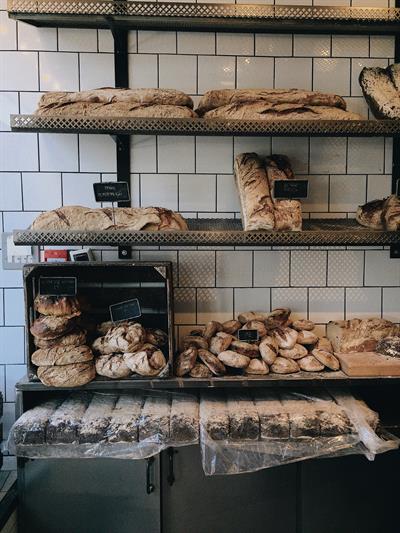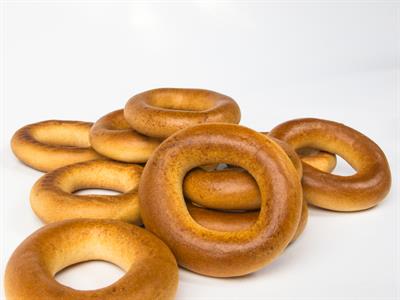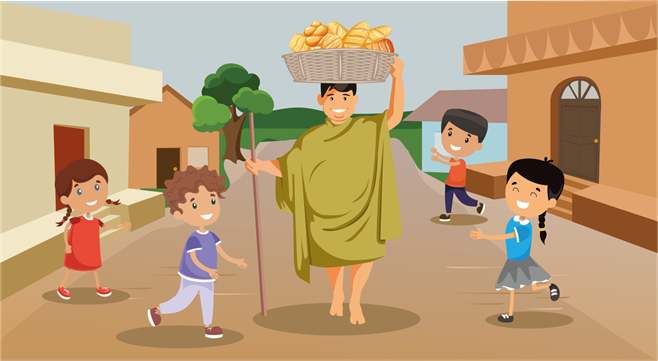
PUMPA - SMART LEARNING
எங்கள் ஆசிரியர்களுடன் 1-ஆன்-1 ஆலோசனை நேரத்தைப் பெறுங்கள். டாப்பர் ஆவதற்கு நாங்கள் பயிற்சி அளிப்போம்
Book Free DemoThe narrative discusses Goa's time under Portuguese rule. The narrator of the narrative begins by stating that he often heard his elders reflecting on "those good old Portuguese days" when renowned loaves of bread were made during the Portuguese rule over Goa. Here, the author refers to the 'good old Portuguese days' because he considers the past better than the present.
The Portuguese were bread lovers. Although the Portuguese had left Goa, there were still bakers of bread, if not the original ones, and after their deaths, their sons carried on the family business. Everything about baking is still the same, from the people who shape the bread loaves to the furnaces that have stood the test of time. And, Just like in the past, one can still hear the sound of their arrival and the thump of their bamboo stick. The term "Paders" is still used to describe bakers.

Bread loaves
The narrator and his friends were close to the baker during his childhood in Goa, as indicated by the lines above. According to the narrator, the baker was more than simply his friend; he also served as his guide. The baker used to come twice a day, once while he was out selling his loaves and again while he was coming back after selling all of them.
Children would be awakened in the morning by the baker's bamboo stick sound. The kids would be delighted to see him and make their selection from the bread bangles.
As has been said, "Paskine" or "Bastine" refers to a housemaid or servant. The baker used to deliver bread to the maids, and the kids used to get "bread bangles." The author claims that although the kids didn't want bread from the bakers, they were behind him waiting for their favourite "bread bangles". The term "bread bangles" refers to bread that is shaped like a bangle, known as "Kankonn."

Bread-Bangles
Usually, the baker would enter while making a 'jhang jhang' sound with a bamboo stick. Additionally, the baker would typically bang the bamboo stick on the ground with one hand while supporting his bread basket with the other. The baker would visit every home, say "good morning" to the ladies there, and sell his loaves. The narrator says that children would be warned to keep their distance while buying the loaves and that the servants would receive the purchased bread. Even still, the kids would not give up and would climb a bench or a parapet to see inside the baker's basket. The narrator says he still remembered the aroma of the loaves and bangle-breads the baker used to bring for elders and kids during his boyhood. He also claims to be able to recall the events.

The Baker
The author once more shares with the readers his funniest memories from his childhood, including the mornings when kids didn't even bother brushing their teeth before eating those bread bangles because they thought it was a waste of time to do so. In those days, kids would pluck mango leaves from branches and use twigs as a brushing material. Additionally, the narrator once believed that brushing was unnecessary because hot tea could easily wash his mouth, and, in addition, creatures like tigers do not brush their teeth.
As bread is a core part of Goan culture, major Goan events cannot take place without sweet bread or bol. It is impossible to avoid using bread, especially when it comes to marriages. This highlights the importance of bakers in Goa.
Generally speaking, On the occasion of their daughter's engagement, the mothers made sandwiches, and cakes and bolinhas would be prepared during Christmas and other holidays. Therefore, it is clear how crucial having bread is to the Goan village.
Even now, bread can be seen in Goa on almost every restaurant menu. Goan Bread is eaten with spicy sauces, curries and seafood.
After talking about his childhood experiences as a bread-lover and the importance of bakers in Goa, the narrator began to discuss the typical dress style followed by Goan bakers. The narrator described how Goan bakers and bread sellers dressed peculiarly in a single-piece, long dress that reached their knees.
Additionally, he recalled that when he was a child, bakers wore half-pants that appeared to be shorter than the standard ones. As a result, if someone wears that length of trousers, people tend to comment about them, and he was made fun of for appearing like a baker.
The author explained how Goan bakers would collect their bills in this paragraph. Every month, in the end, bakers would collect payment from customers, and women at home would write on their walls the specifics of the money they had spent on items from the baker.
According to the narrator, a baker and his family would never go hungry because baking was one of the most lucrative professions in Goa in the past. This might be the result of various factors, including
- Since there were no alternative items like microwaves or ovens back then, a baker used his furnace to make bread, which he then marketed all over the world.
- At the time, bread was perceived to be the most popular food.
The narrator claims that the baker's family, including the servants, kept their bodies in good shape because baking was a thriving business in those days. Therefore, even today, someone would be compared to a baker if they appeared chubby like a jackfruit.